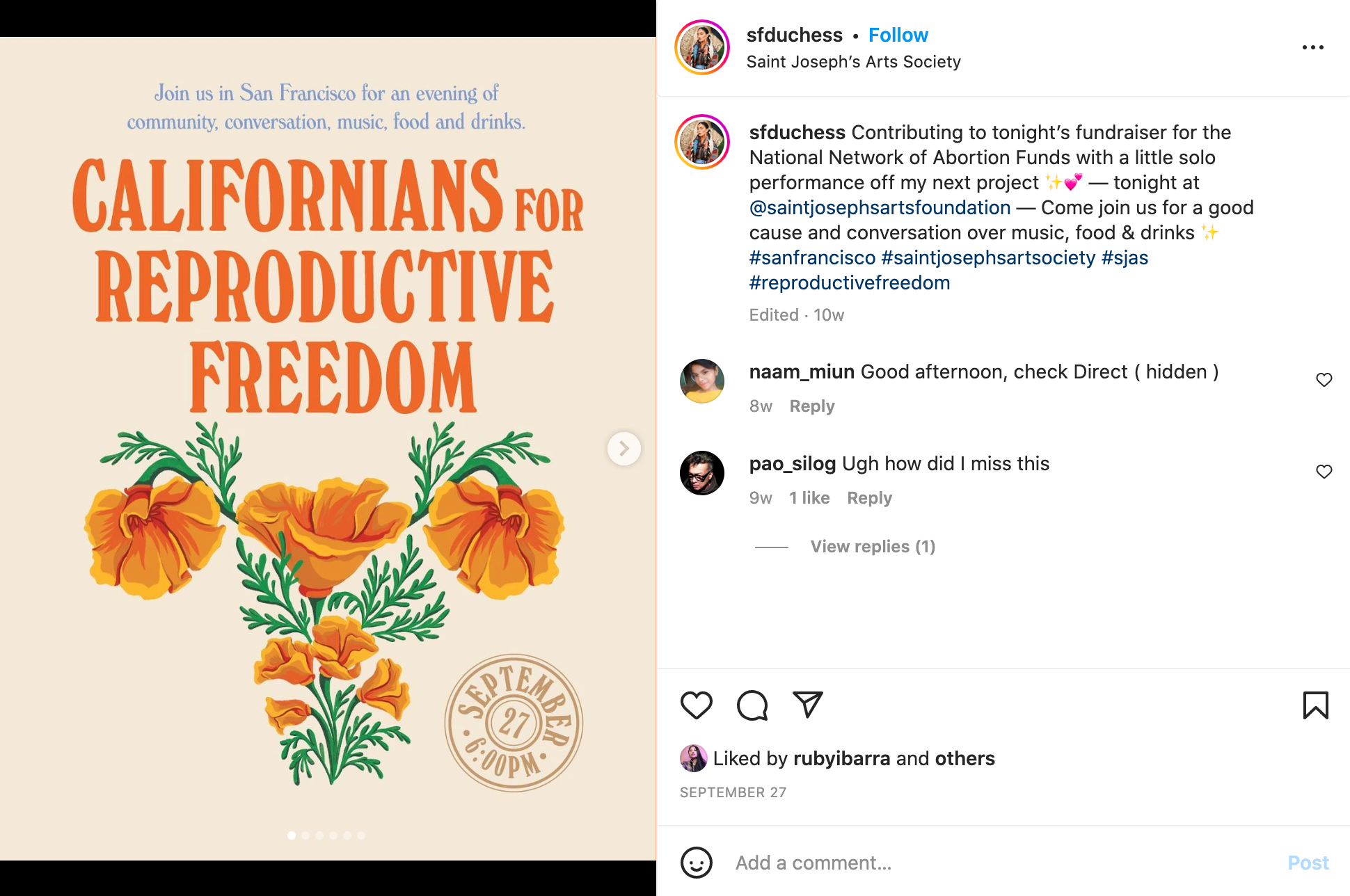Being Shamelessly Vulnerable with Ouida
Balay Kreative Growth Grantee Ouida turns to song to try to make sense of the not-so-picture-perfect parts of life. At a young age, her singing and songwriting hobbies became a safe space to process her experiences — vulnerably and unapologetically. We see this in her lyrics today: “Nice to meet you, introduce you to the real me. If that ain’t what you want from me, you should know I’m not sorry.”
In dealing with bereavement throughout the pandemic, Ouida set her emotions to music. Her EP “Come Rain, Come Shine” soft launched in San Francisco in late November and details what it’s like to navigate life after loss.
In an interview with Kurt Ison, Ouida discusses her exploration of identity, grief, and activism through art.
Profile by Anne Lizette Sta. Maria
“We’re all a little messy, we’re all a little human, and we all deserve a space where we can be that way.”
As a child, did you always know you wanted to be a musician?
I always knew that I loved music. I just didn’t know that I could make it a career. I grew up in a really musical family. My dad was a cantor in the church, my sister played piano, and my brother played viola. So I was always surrounded by music; I wrote my first song when I was nine years old. It was a really fun hobby that I cultivated and a really cool way for me to process whatever I was going through, but I didn’t see it as a career path because I didn’t know anybody who was a songwriter and I didn’t know of any programs or school pathways where that was an option for me. So yes and no.
How has your formal training or education influenced your art?
I think my whole educational journey has been really formative for me as a person and as an artist. I struggled to complete higher education, bouncing from NYU Tisch to City College of San Francisco to UC Berkeley and finally graduating in 2019 with a degree in sociology. Jumping between majors and music, sociology felt like a really important way for me to explore what was happening to me, what my place was in the world, what my opportunities were, and why I felt that sometimes, no matter how hard I worked, the odds weren’t always in my favor. When I decided to major in sociology, that was a self-exploration of my own identity both racially and socio-economically. That really informed the art that I would then make when I graduated.
How do you blend creativity with activism? In what ways do your artistic endeavors help you serve your community?
Activism for me is two-fold. It’s what I do in my art, and it’s also what I do for work. I think there are so many different avenues to explore that, but where it’s most exciting for me is with art. I think every individual has a specific expression that only they can share of their experience and at the time and place that they live in. So when you make art, you’re naturally sharing what’s happening around you, and it speaks to other people and their experiences as well. And that’s really important.
Can you talk a little bit about your current project?
My EP “Come Rain, Come Shine” is a collection of songs that I wrote mostly all during the pandemic. A lot of those songs deal with grief and the journey of processing that grief, and sometimes dissociating from other people and things that are important to you, and then also trying to understand it, live with it, and also reclaim your own narrative. I find that in my own personal experience of dealing with grief and the loss of a loved one, it’s not linear. With this project, I wanted it to feel — in four songs — as though you could trace that storyline, but the truth is [grief is] a revolving circle and something that I’m always still learning more about. This project is really my best way of exploring [grief] and making sense of it and trying to find some good in that process.
What does being a part of Balay Kreative mean to you?
Balay Kreative really created the space for me to develop the business around my craft. So much about creativity in itself, when you want to really dive into it, is about creating structures and creating discipline and accountability in order to really make something. I think there’s so many stages of the songwriting process and the recording process and playing it live. All of those pieces in such a short time frame and trying to make a cohesive project can be really challenging. Balay Kreative gave me so many tools and resources and mentorship that honestly to me, is priceless. Balay Kreative also gave me community and support and the space to talk about what’s going on and learn from other people in my program.
What kind of statements are you looking to make with your art?
With my art, I mostly want to convey that it’s okay to be shamelessly vulnerable. For me, as a Filipina-American woman, I often find that I’m trying to suppress my feelings and be in service to the people around me and to what’s best for whatever situation I find myself in. So, music has been a way for me to be completely honest and to really explore what’s going where it might otherwise not be totally welcomed. I just want people to feel that they can be vulnerable and honest about what they’re going through, and that it’s perfectly okay to be messy — that we’re all a little messy, we’re all a little human, and we all deserve a space where we can be that way. And it doesn’t mean we’re not good enough.
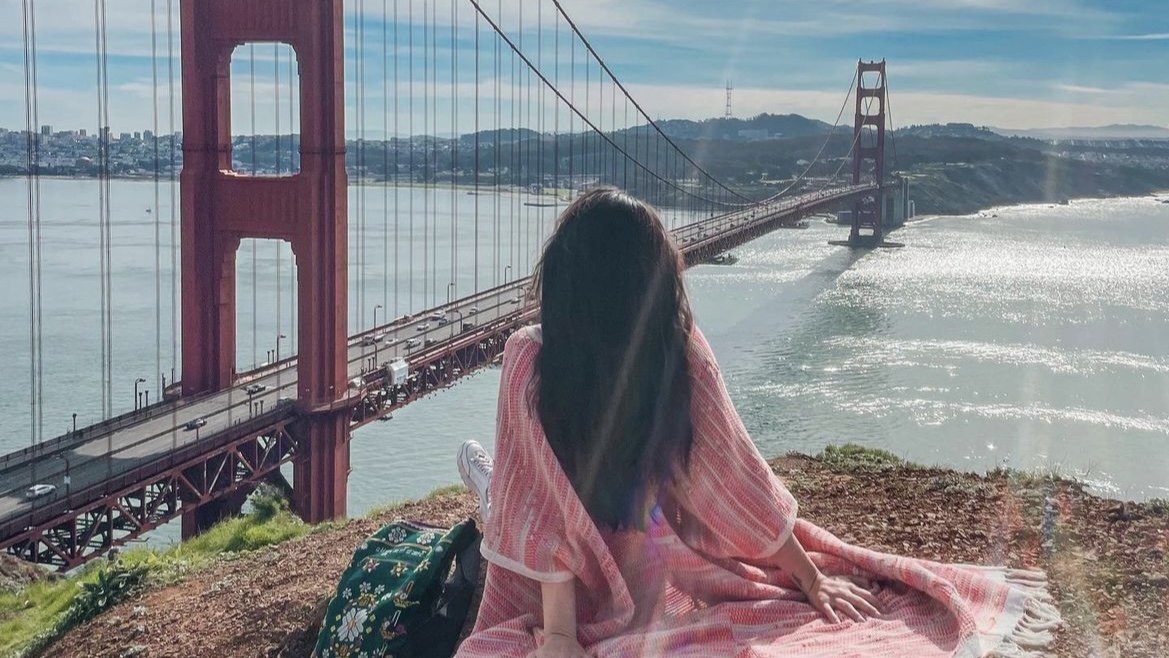
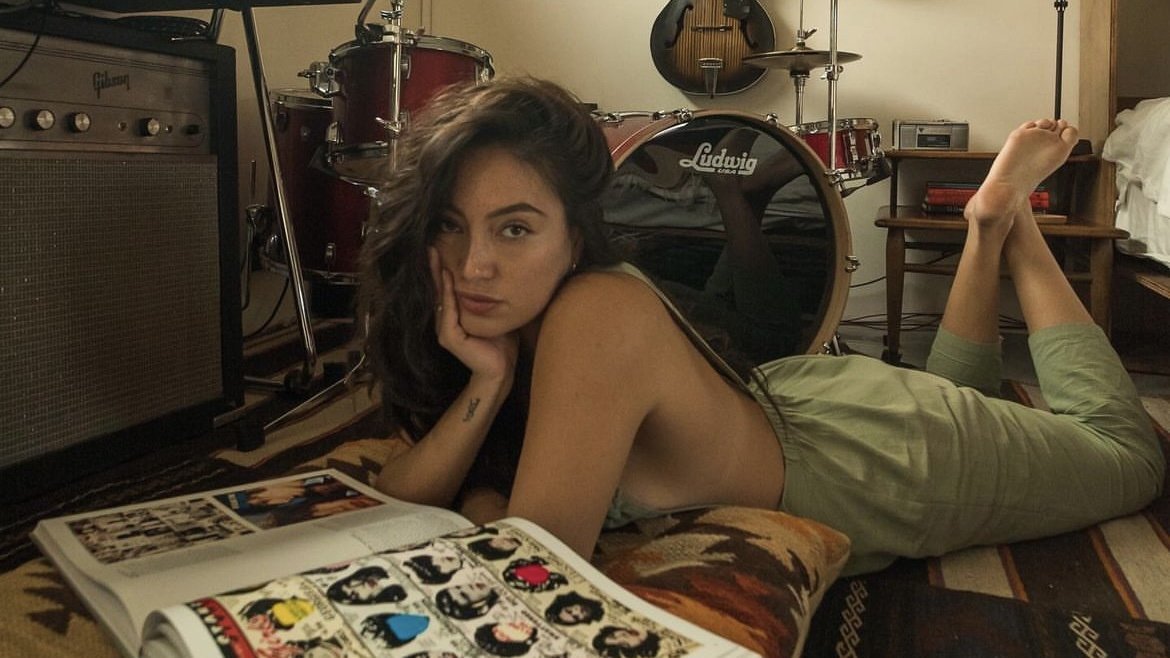
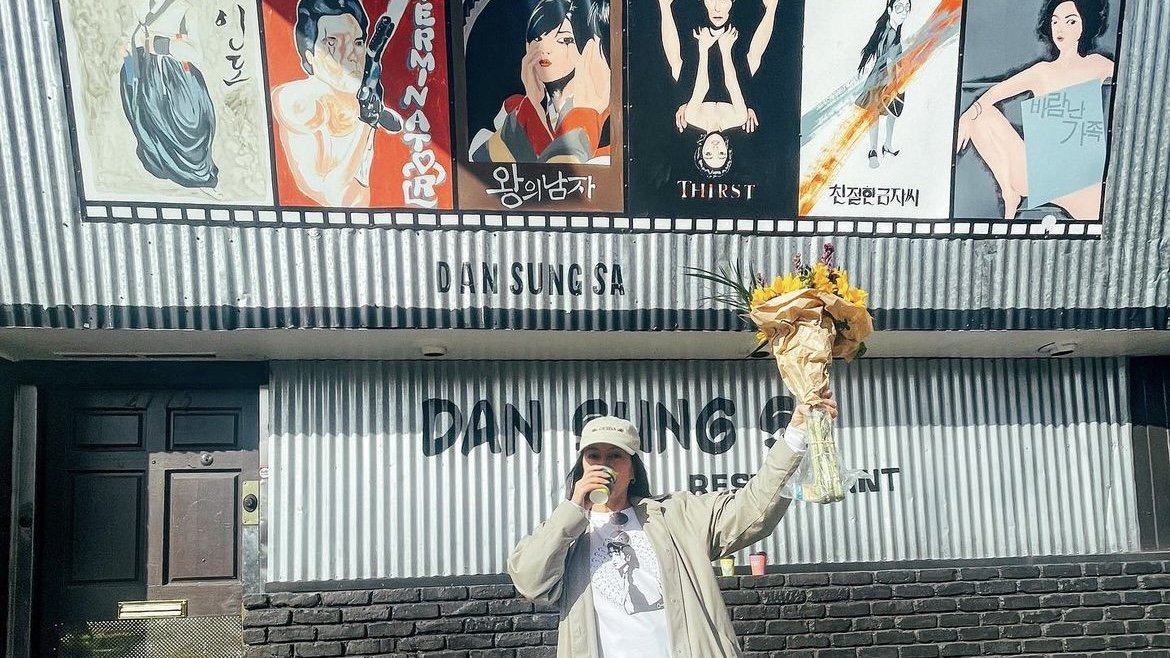
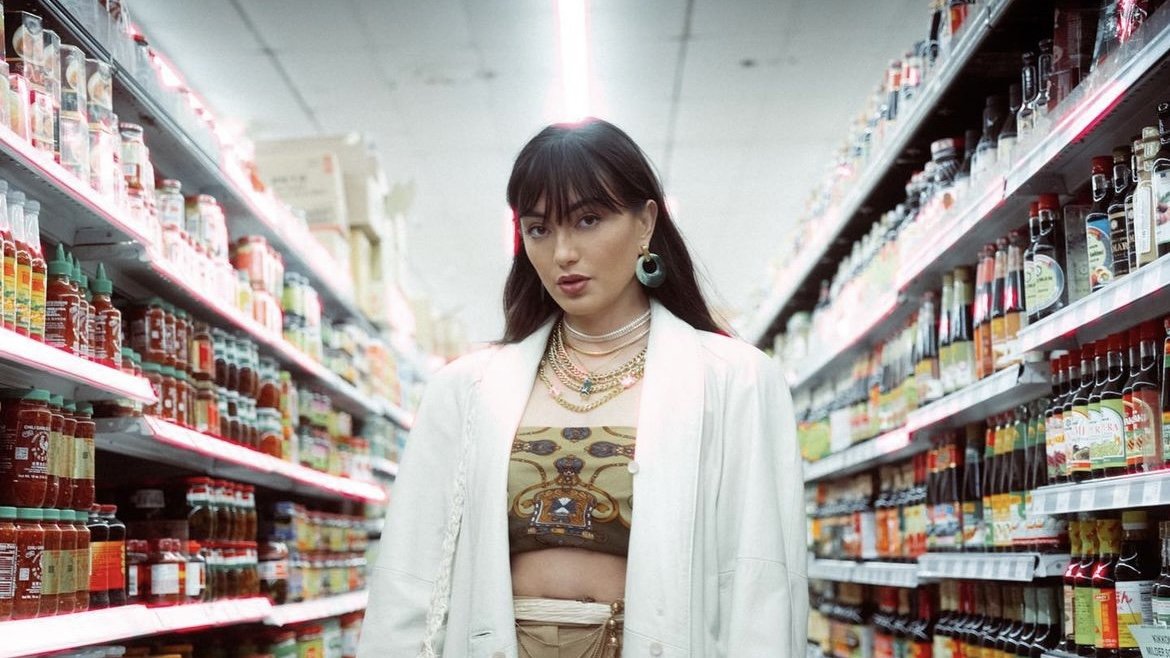
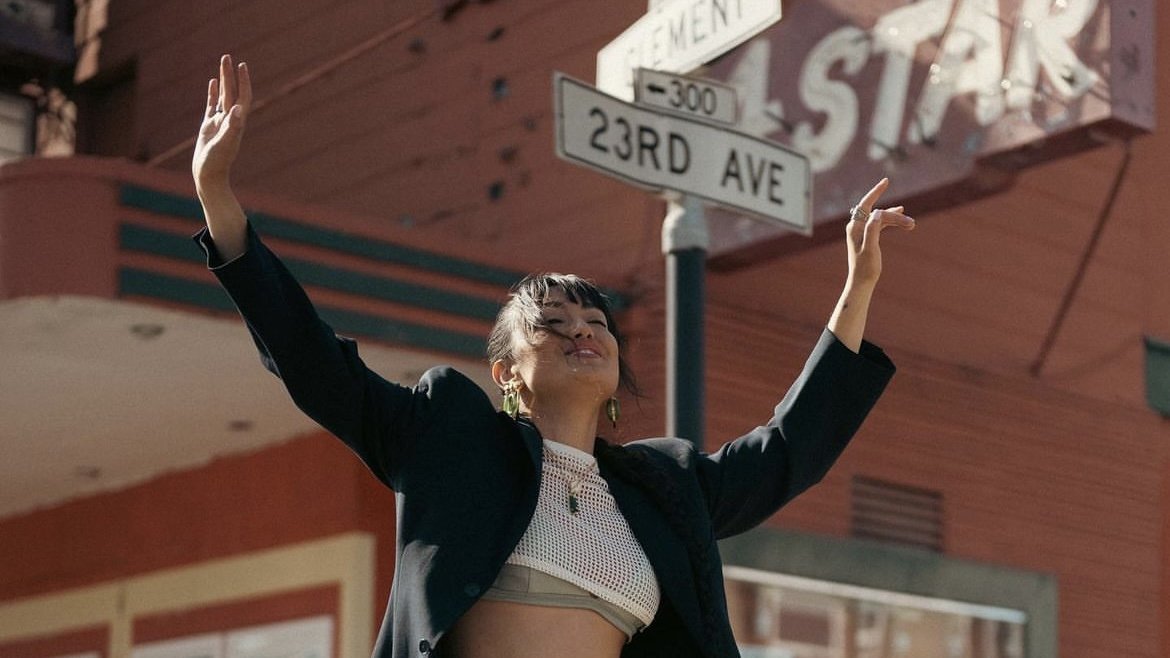
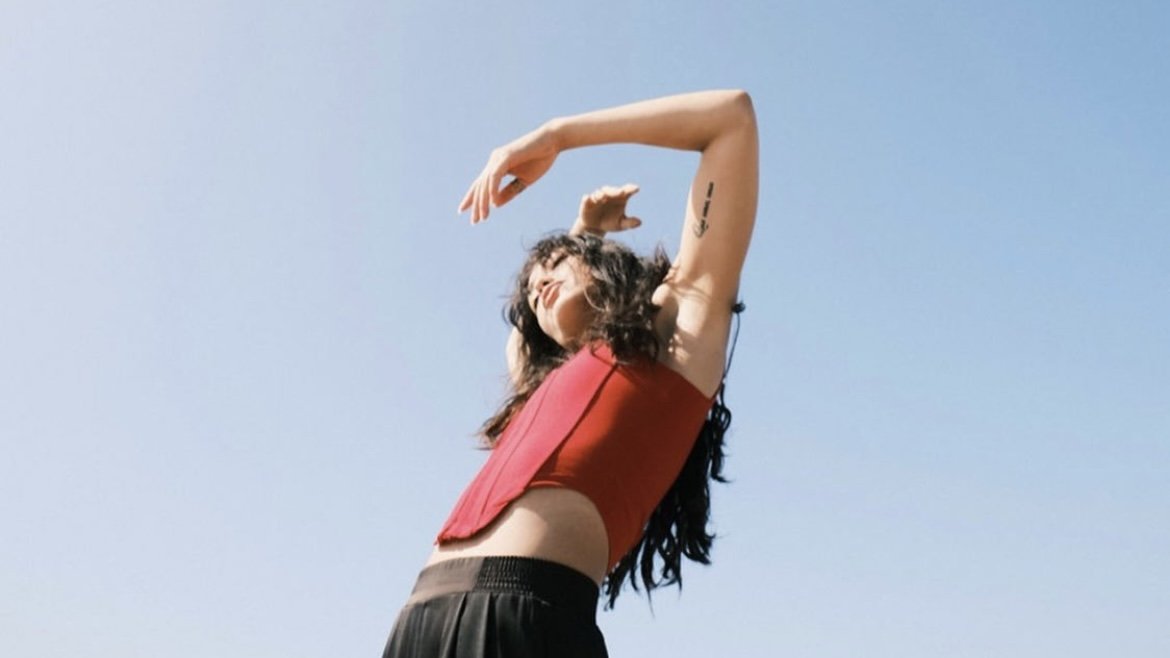
What would you say to aspiring Filipino artists? Why is it important for Filipinos to create?
I think it’s important for other Filipino artists to create and artists of all backgrounds to create you’re telling multiple stories. You’re telling your individual story — that’s the reflection of you and your experiences but it’s also the product of the lives and the dreams and the hopes of the people that came before you. You’re also telling their story. And then you’re also speaking to the time and the place in which this art’s been made; it’s not in a vacuum. You’re telling a story that your community can relate to but only in a way that you can tell it. So I think it’s a responsibility to be honest and it’s also an honor to create space that other people can see themselves in.
Want know more about Ouida? Be sure to follow @balaykreative and subscribe to our newsletter to hear about her future artwork! Check out our interview with her below.

